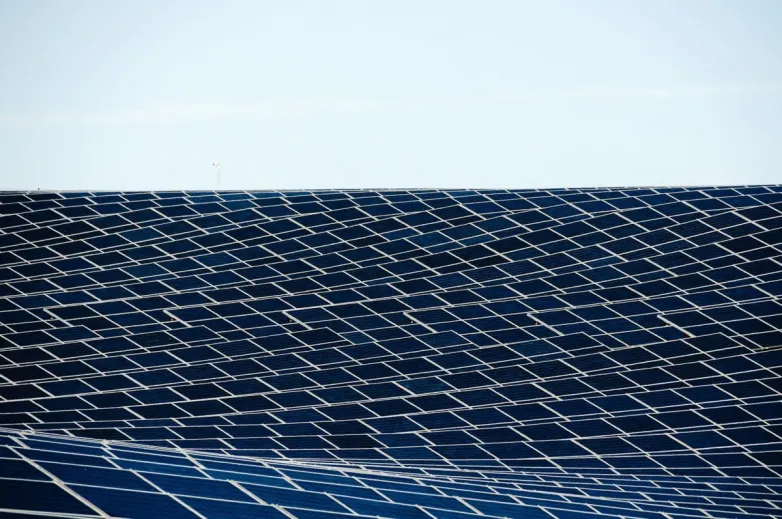WoodMac expects 106 GW of newly deployed solar this year
- As Chinese PV makers are currently on the way to completely utilizing their production capacities, it is becoming increasingly clear how much coronavirus containment actions will impact global need. Timber Mackenzie anticipates a decrease in domestic PV need as well as a shift in investment to business projects, which is why it currently just expects 106 GW of capacity additions this year.

Around fifty percent of the globe's populace is currently affected by measures to have the coronavirus pandemic. At the same time, demand for electrical power is dropping as well as the threat of an international economic crisis is enhancing, Timber Mackenzie says in a freshly launched market record. This situation will have a range of different influence on the future deployment of renewable energy.
WoodMac analysts anticipate to see an out of proportion influence on need for solar PV jobs as well as storage space systems, along with electrical vehicles. Therefore, the research firm has reduced its full-year projection for brand-new PV capacity additions by 18% from 129.5 GW to 106.4 GW in 2020. And also the consequences of the coronavirus dilemma will be felt throughout the coming year and also past, which is why the firm has also cut its 2021 overview for solar demand by 3% contrasted to previous projections.
Containment procedures for the coronavirus pandemic are having various effect on different sections. These problems will mainly appear in hold-ups in installments of utility-scale solar plants, in addition to decreasing need for household and also business PV systems, as clients are currently under significant economic pressure as a result of the Covid-19 pandemic.
WoodMac also expects to see dropping module rates in Europe and the USA. Over the past couple of weeks, a number of PV producers in China have had the ability to begin returning to manufacturing, and some of them have actually already returned to full manufacturing capability. The research company claimed that this has actually added to price declines in Europe and the United States since the start of this month.
Storage outlook
The projection for the global storage market is in a similar way grim. As an example, WoodMac decreased its base circumstance for 2020 by 20%, mainly as a result of delays in project implementation. Nonetheless, the development of storage throughout the globe will still go beyond the levels seen in 2019. Much like with the PV market, the research company assumes that need for residential solar+storage will be extra impacted by pandemic control steps than need for utility-scale tasks.
As points presently stand, the decline in demand for electrical vehicles could be much more drastic. WoodMac anticipates the marketplace to diminish by roughly 43% from 2019. This is generally because of measures in the USA, while a recovery is expected in China as well as Europe by the end of this year, with a go back to the degrees seen in 2019, at the very least.
WoodMac declares that the primary threats for local power markets will certainly be tied to the duration as well as scope of the continuous economic grinding halt and also the succeeding decline popular as a result of the worldwide economic downturn. In Europe, there is still a shift in fossil-fuel power plants from coal to gas on the electricity markets. Dropping need for electricity and also positive weather for wind power and also solar PV have actually just recently added to low power costs. In some countries-- including Germany, France, and also the United Kingdom-- this has likewise caused adverse power rates. This is complicating the economics of gas-powered plants in Europe currently, the analysts said.
Comparable fads can currently be seen in the USA as well as Latin America. For Latin America, it is anticipated that financing for brand-new renewable-energy plants and gas-fired nuclear power plant might come to be challenging due to rising cost of living. Falling oil rates could also increase the planned shift from oil to coal to be postponed in several countries.
Also read

